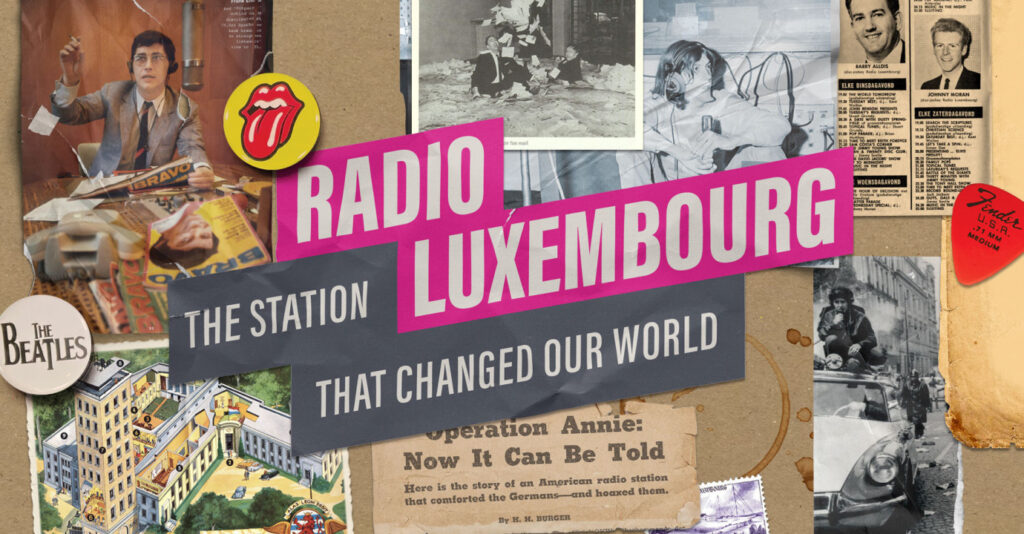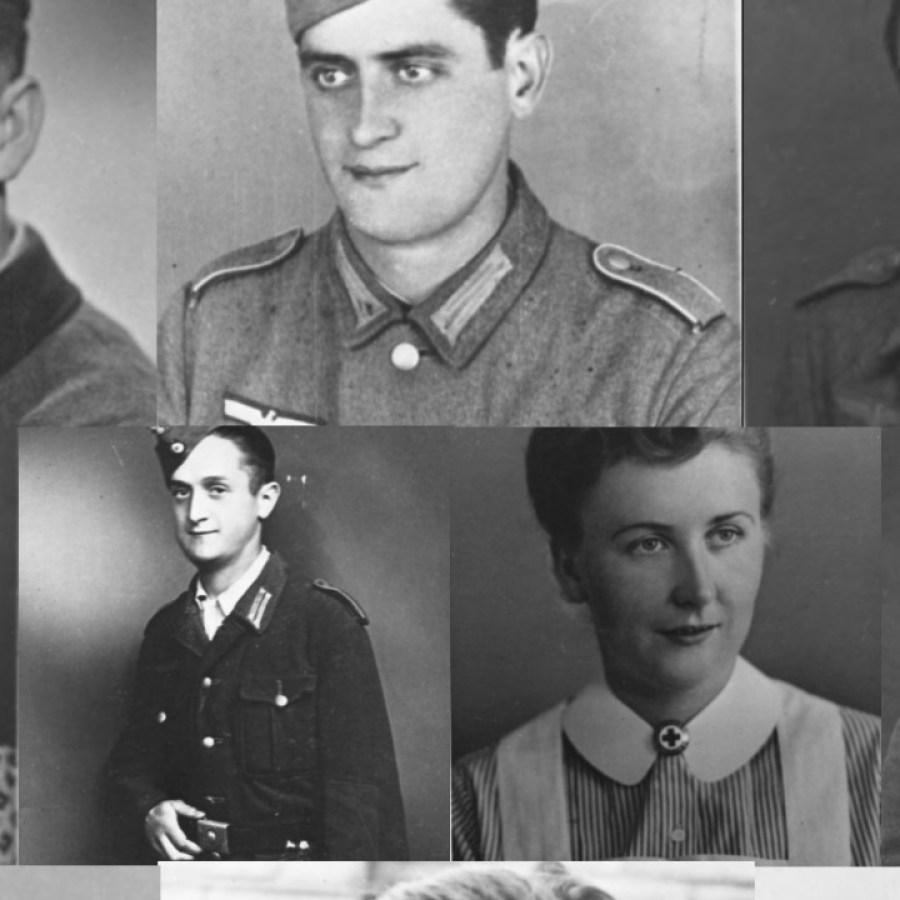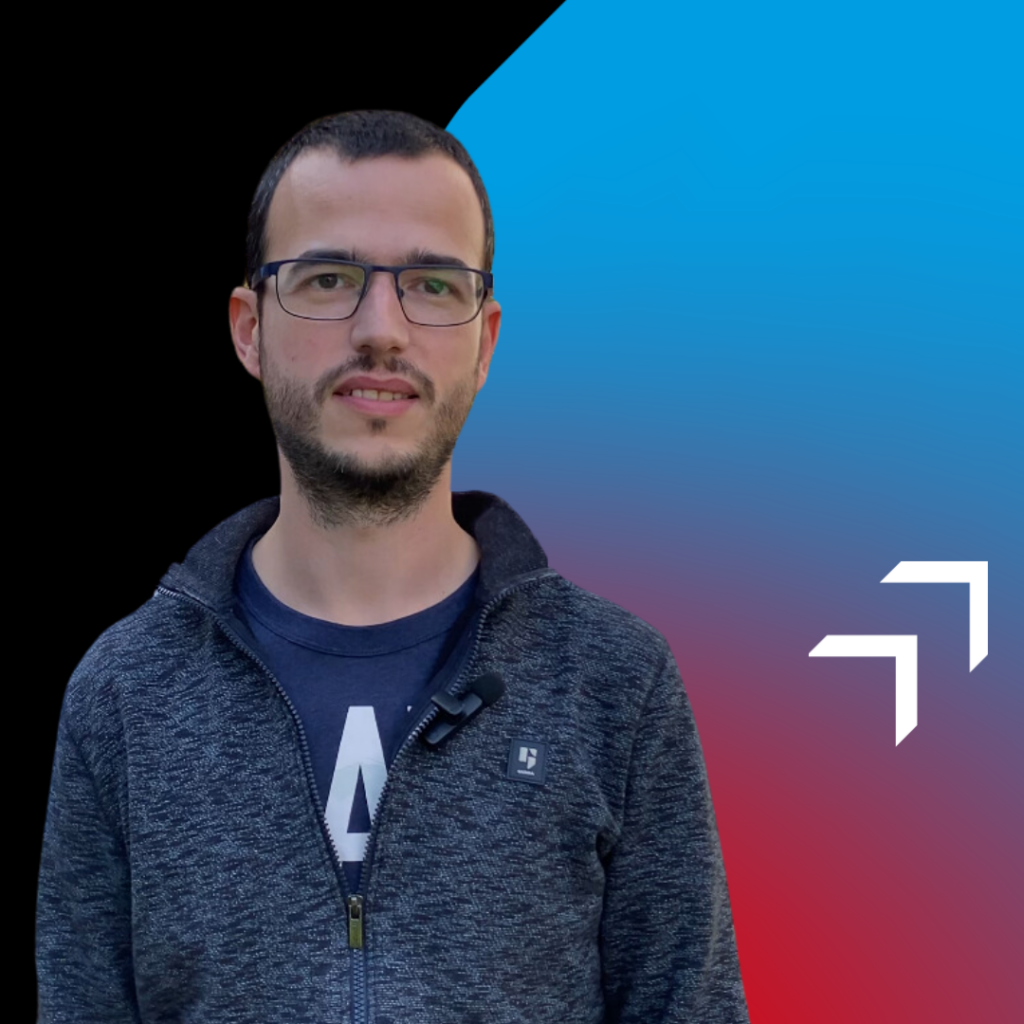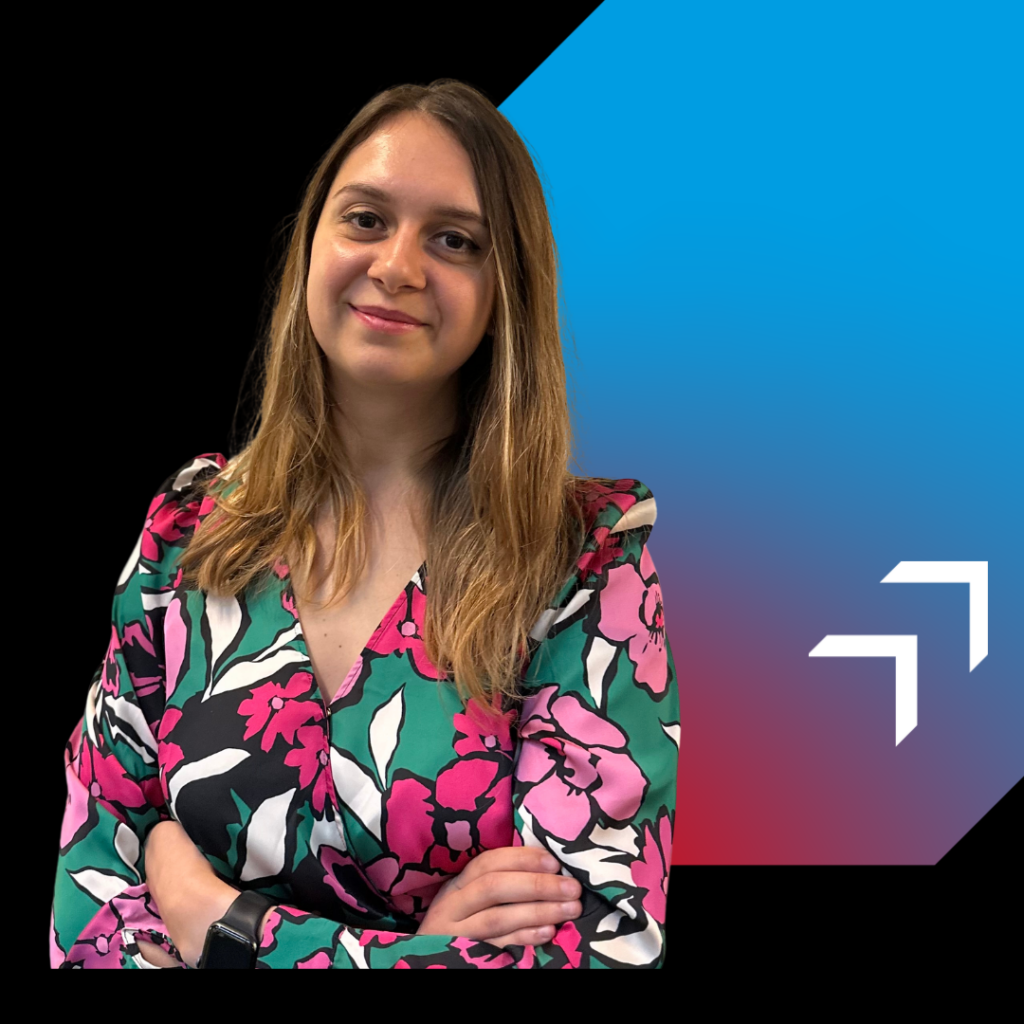In Conversation With Our Young Researchers: Camilla Portesani
31 January 2025
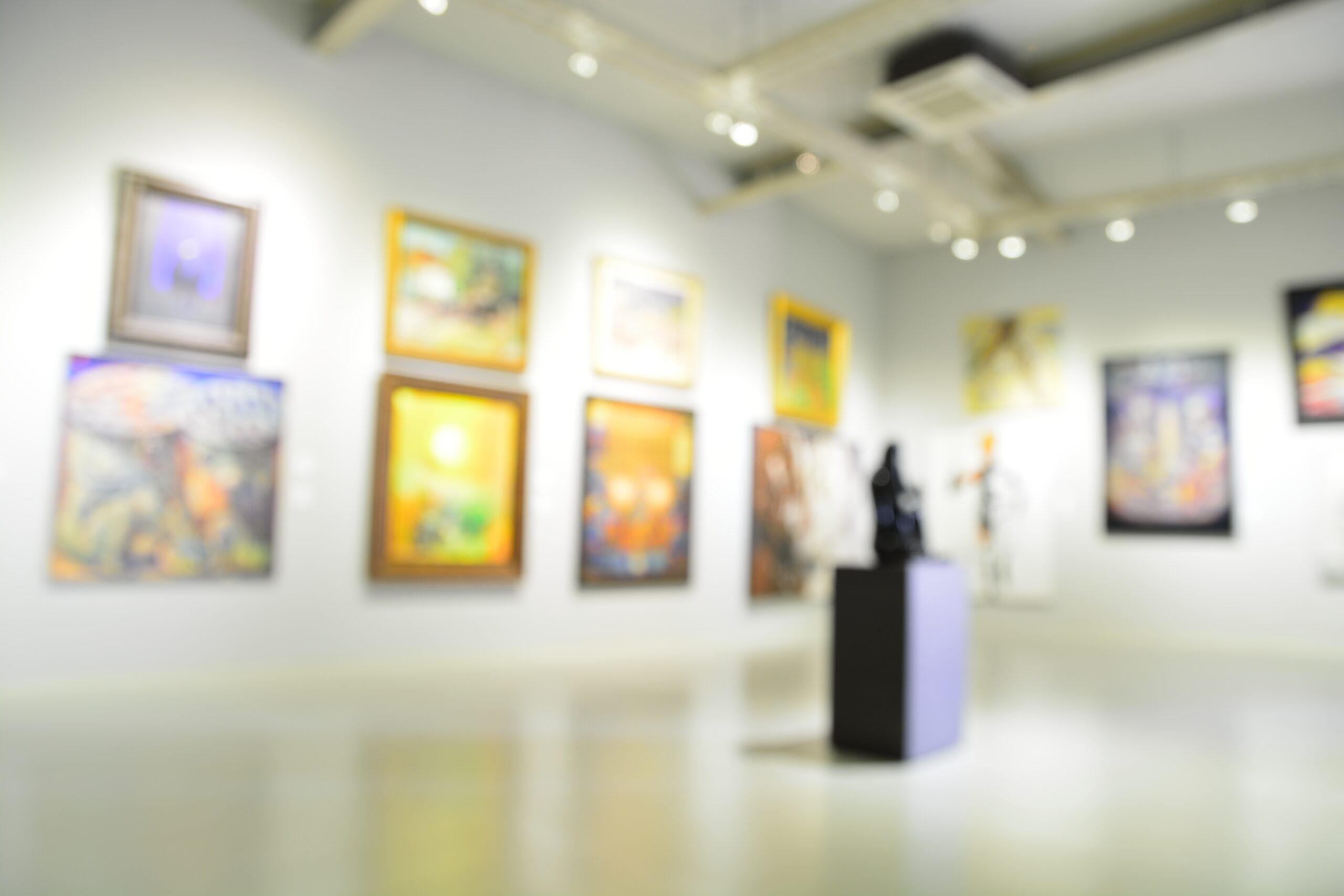
Public History as a Tool for Diversity and Inclusion
With her research project dedicated to Public History and participation in museums, Camilla Portesani aims to bring more diversity and multi-perspectivity to existing collections and to create space for new voices that have not yet been heard.
How has history been written and presented in museums? Is there a way to make collections more inclusive and diverse?
Camilla Portesani is a doctoral candidate at the University of Luxembourg’s Centre for Contemporary and Digital History (C²DH). Originally from Italy, Camilla’s journey has been shaped by her French and Portuguese heritage and her academic pursuits across Europe. She is now in the final stages of her doctoral research, blending Public History with participatory practices to reshape how history is shared and understood in museums.
Inclusiveness in Museum Representations
Camilla’s academic path began with a dual Bachelor’s degree in Foreign Languages, Cross-Cultural Studies, and Art History at the University of Strasbourg. Her passion for understanding cultural narratives deepened during her Erasmus Mundus Master of Arts in European Studies at Strasbourg University and the Rijksuniversiteit Groningen, where she explored European society, politics, and history. Her master’s thesis analysed the decolonisation practices in Dutch museum collections, a research interest that laid the foundation for her current work.
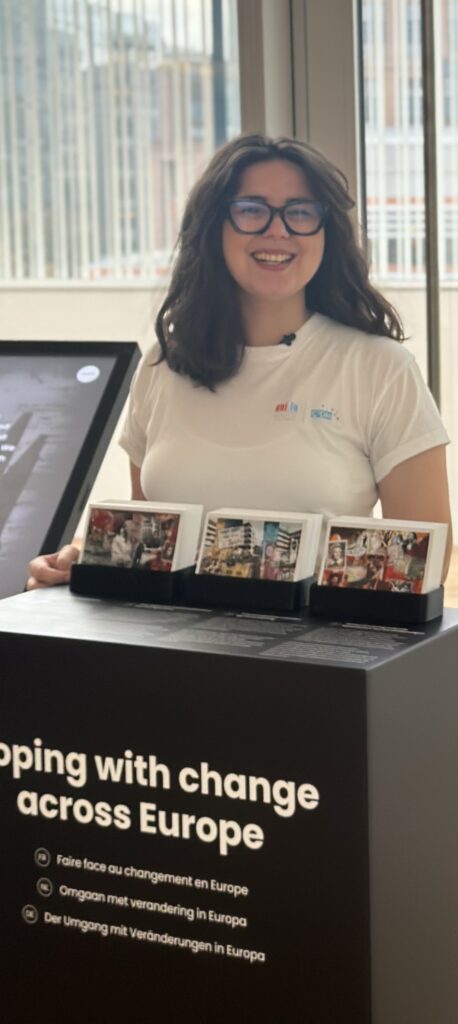
“I have always been fascinated by museums and the stories they tell. Combining this with my activism and feminist perspectives, I found Public History to be the perfect bridge between my academic interests and my desire to impact society.”
Camilla Portesani
At the heart of Camilla’s research is her work with the Participatory Public History Lab (PPHL), a pilot project in collaboration with the House of European History in Brussels. This innovative initiative engages diverse participants in co-creating new narratives for museum collections, challenging traditional perspectives and amplifying marginalised voices.
Camilla’s methodology incorporates elements of Museum Studies, Anthropology, and UX design to foster inclusive and dynamic museum spaces. By involving communities in reinterpretation efforts, she seeks to transform museums into platforms for dialogue and collaboration, making history more accessible and relevant.
Making History More Relevant
Through her work, Camilla aims to democratise historical narratives, foster cultural understanding, and address contemporary issues of identity and collective memory. Her efforts contribute to reshaping museums as spaces that reflect and celebrate diversity.
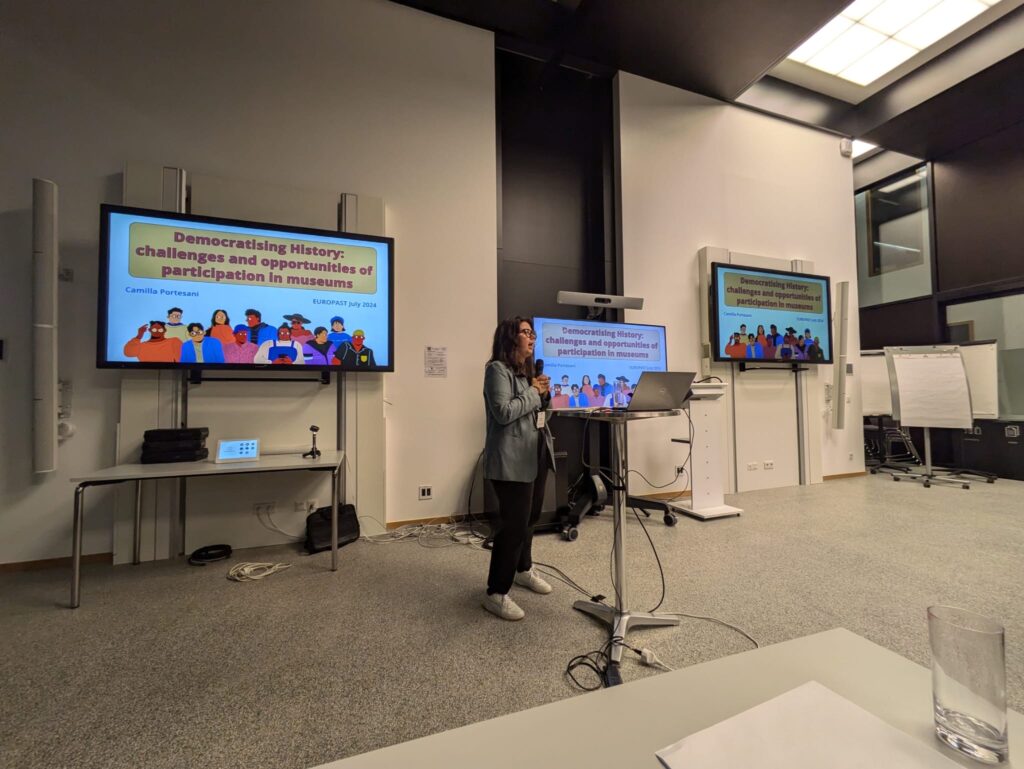
“Research is about connecting with people and creating something meaningful together. That’s what drives me, and that’s the legacy I hope to leave.”
Camilla Portesani
By involving diverse participants in reinterpreting museum objects and narratives, Camilla strives to contribute to diversity and inclusion, to promote a more critical engagement with history, and encourage cultural understanding across national and social boundaries. Her methodology aims to reinvigorate museum practices, transforming them into more dynamic spaces for dialogue and collaboration, while also bridging the gap between academia, history and society. By addressing contemporary issues of identity and collective memory, she seeks to make history more relevant, relatable, accessible, and reflective of diverse experiences, inspiring a more informed and engaged public.
Luxembourg, Pioneering in the Field of Public History
Camilla chose Luxembourg for its exceptional research environment and the C²DH’s renowned expertise in Public History and Digital Humanities. The C²DH and the work of Prof. Thomas Cauvin had been on Camilla’s radar for some time, as she had become increasingly interested in the theory and practice of Public History in 2020.
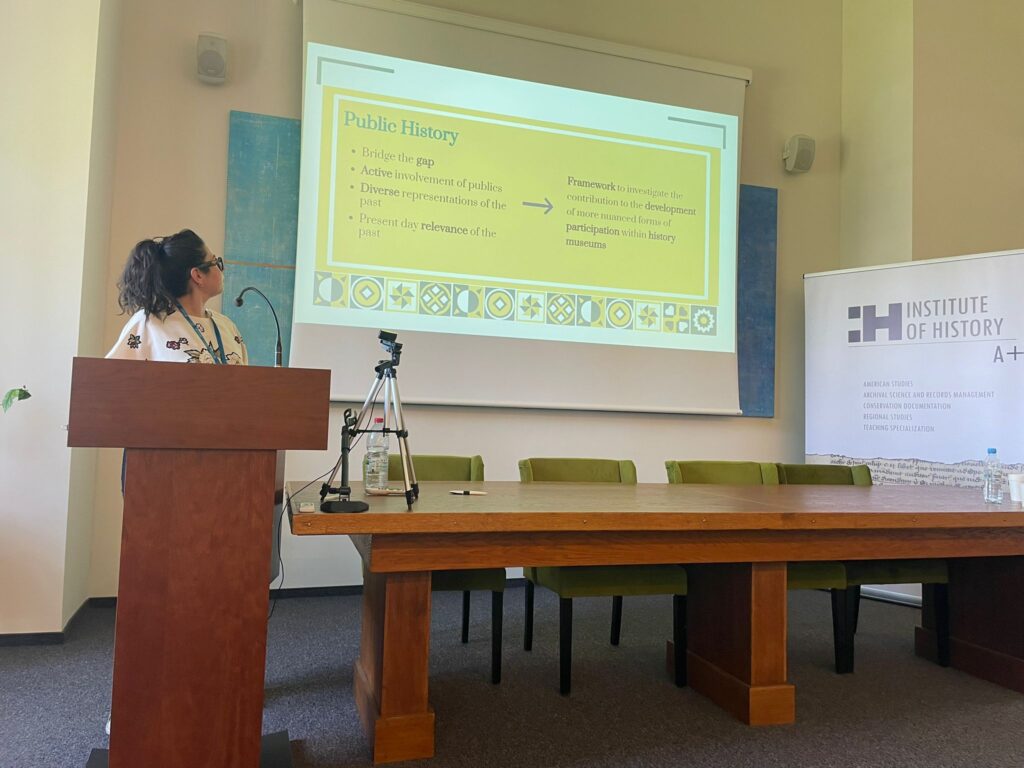
“The C²DH is incredibly dynamic and supportive, offering state-of-the-art resources and an inspiring academic community. Luxembourg’s investment in research and its emphasis on innovation make it an ideal destination for scholars.”
Camilla Portesani
Camilla Portesani’s research project is part of the FNR ATTRACT project “Public History as the New Citizen Science of the Past (PHACS)”, focusing on the production of history with a public perspective. Led by Prof. Thomas Cauvin, the PHACS’ team proposes, develops, constructs, and evaluates innovative participatory public history frameworks to engage and empower groups, associations, and users in critical debates on the contemporary history of Luxembourg and Europe. PHACS is inspired by the evolution of digital participatory sciences; the project facilitates interactions between academics, cultural institutions, groups, associations, and the general public to contribute to a democratisation not only of access but also of the production of history.
More Public History Projects
A comfortable country
Beyond research, Camilla enjoys the comforts of life in Luxembourg. She appreciates the country’s lush green landscapes, cultural offerings, and ease of travel to neighbouring countries.
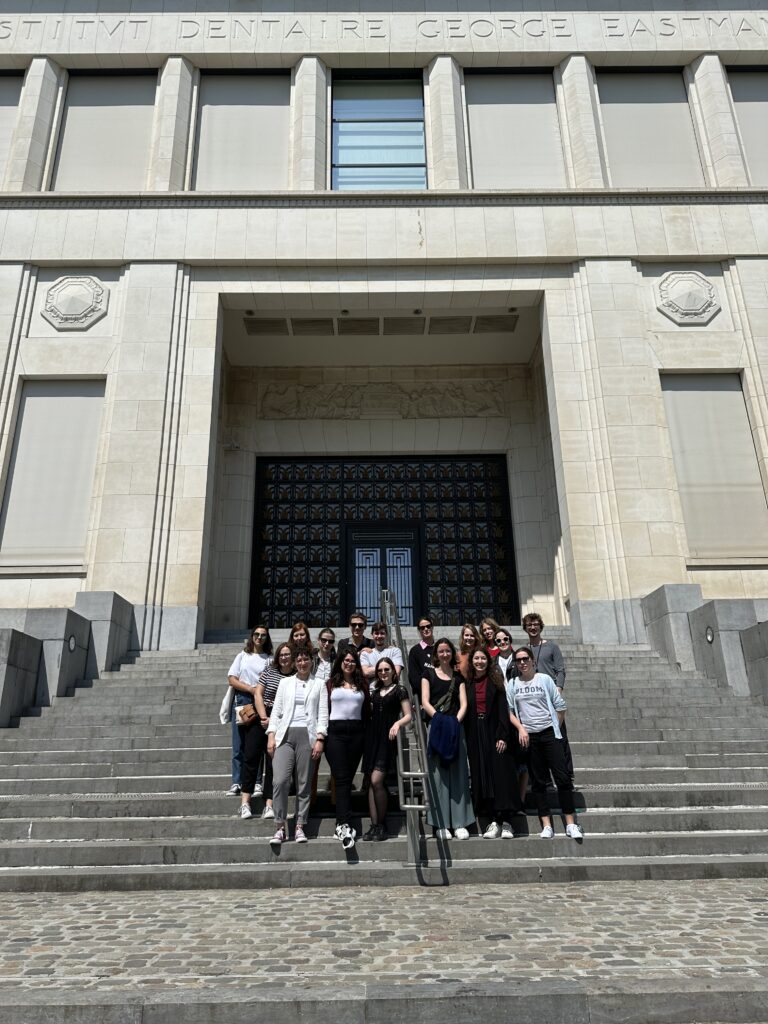
“Luxembourg has been a welcoming home for my partner and me. It’s a place where research, culture, and community intersect beautifully.”
Camilla Portesani

